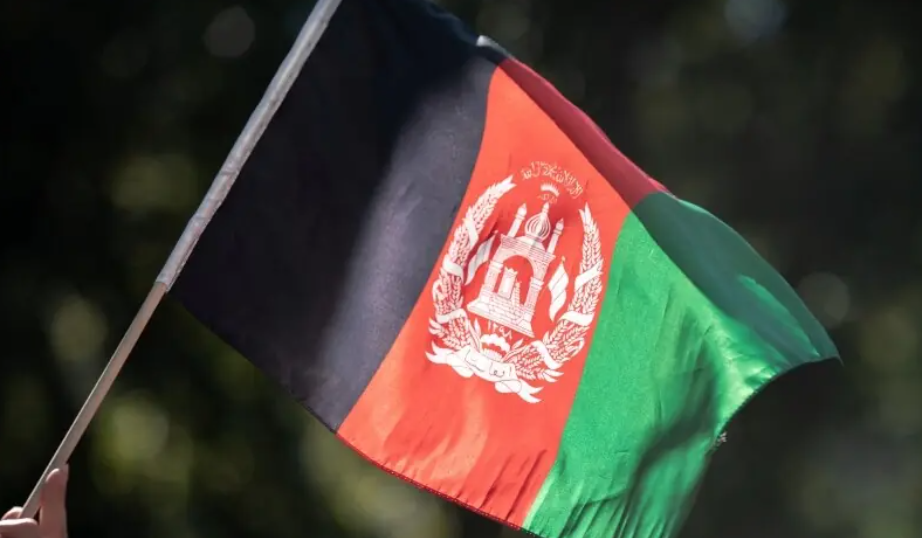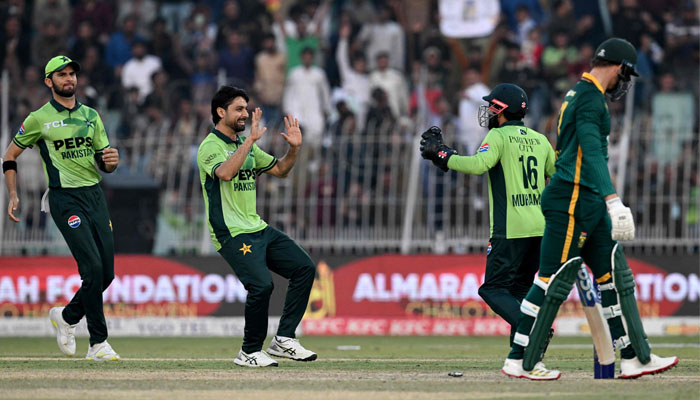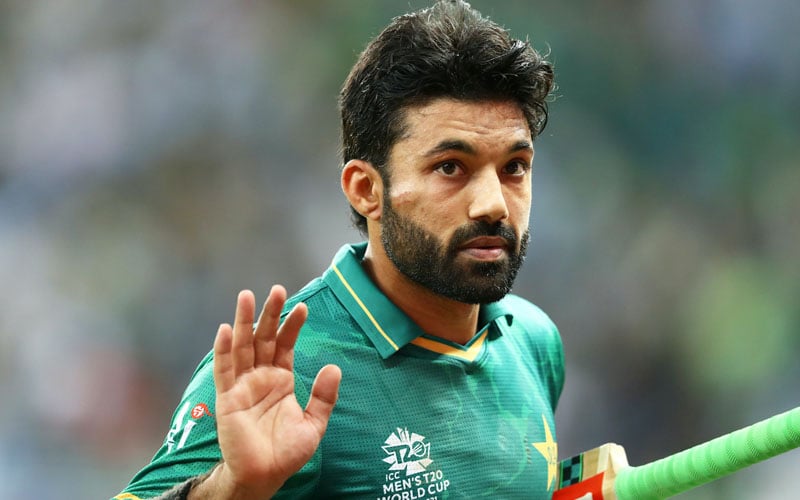SPORTS

The Afghanistan Cricket Board (ACB) late Friday announced it was withdrawing from the T20 tri-nation series scheduled in Pakistan next month after alleging that a strike in southeastern Afghanistan killed three cricketers and several other civilians.
In a post on X, the ACB named the three players as Kabeer, Sibghatullah and Haroon, and said five other residents of Urgun district were also killed and seven people injured. The board said the players had travelled to Sharana to participate in a friendly match and described the incident as “a great loss for Afghanistan’s sports community, its athletes, and the cricketing family.” As a result, the ACB said it would not participate in the tri-series scheduled for November 17–29.
Afghanistan’s star spinner Rashid Khan publicly welcomed the ACB’s decision on social media. The planned series — to be hosted in Pakistan and to include Sri Lanka as the third team — is now in doubt after the development. Pakistan Cricket Board (PCB) spokesperson Amir Mir told local media the tri-series was still on and that the final lineup would be confirmed shortly, suggesting the boards were at odds over the next steps.
The alleged strike came as Islamabad carried out what it described as precision strikes against hideouts of the outlawed Hafiz Gul Bahadur group in the Angoor Adda, Urgun and Barmal areas of Paktika province. Information Minister Attaullah Tarar said on X that reports claiming civilians were targeted were “false” and intended to generate sympathy for militant groups. “All speculations and assertions being made regarding targeting of civilians are false and meant to generate support for terrorist groups operating from inside Afghanistan,” he wrote.
Cricket icon Shahid Afridi weighed in on the controversy, accusing Afghanistan of forgetting Pakistan’s “hospitality and favours,” and urging Kabul not to allow its soil to be used for acts of terrorism. His comments reflect a heated public reaction in Pakistan amid a broader diplomatic and security standoff.
The incident occurs against a backdrop of sharply escalated tensions between Islamabad and Kabul. In early October both sides reported heavy fighting along the border; Pakistan’s military said 23 troops were martyred and that 200 Taliban and affiliated militants were killed in border clashes after an attack it attributed to Afghan-based groups. Afghanistan, for its part, has accused Pakistan of carrying out air strikes on its soil — a charge Islamabad has not publicly confirmed but has repeatedly accused Kabul of harbouring Tehreek-e-Taliban Pakistan (TTP) elements.
A brief 48-hour ceasefire agreed earlier this week at the Taliban’s request was extended to allow mediated talks in Doha, but strikes and counterstrikes have continued to complicate diplomatic efforts. Pakistani officials say militants operating from Afghan territory have launched attacks inside Pakistan, while Kabul denies state complicity and urges Islamabad to negotiate directly with militant groups.
The security context is also affected by a recent brazen attack on a military installation in North Waziristan, where militants linked to the Hafiz Gul Bahadur group claimed responsibility for an attempt that involved a suicide-VBIED and incursions. Pakistan says it has responded with targeted actions across several Afghan provinces; Kabul and international observers have called for restraint and for independent verification of casualty claims in cross-border operations.
At the time of publication there is no independent confirmation of the ACB’s casualty figures. Both the cricket boards and national authorities are in active discussion, and the future of the tri-series now depends on diplomatic clarifications and broader security assurances. The episode underlines how fragile sporting ties can become amid fast-moving security incidents and entrenched mistrust between the two neighbours.




